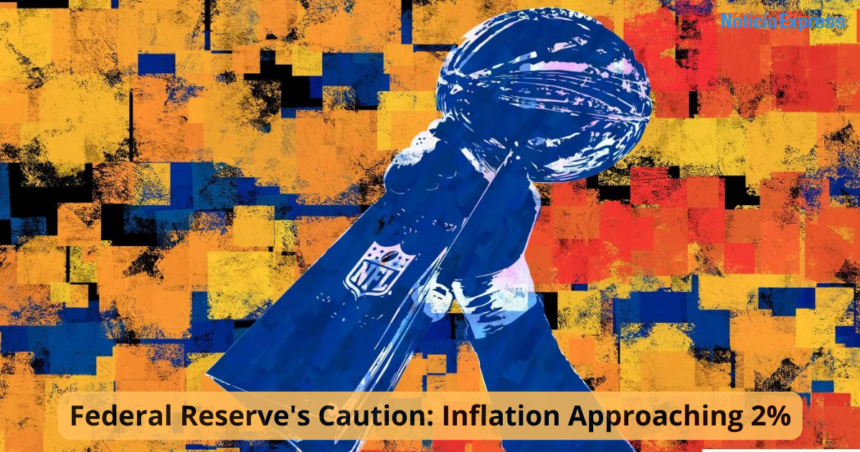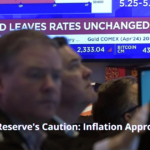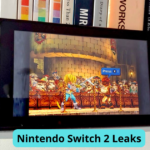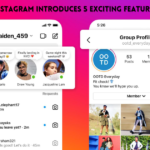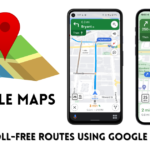Reasons behind a B2B startup’s $7 million wager on a Super Bowl ad
For the real football game being played, some people watch the Super Bowl. Many people tune in for the halftime performance or use it as an opportunity to indulge in game-day delicacies like wings. Maybe some view it in search of better software solutions for their business.
Thus, Papaya Global hopes. The 30-second commercial will air on Sunday for the late-stage global workforce payment business. In order to help other businesses stay compliant when managing payroll for international teams, the advertisement highlights the company’s software. The advertisement, which is set in an office, is somewhat boring in comparison to Super Bowl mainstays like Budweiser and McDonald’s, which draw attention every year with humor, celebrities, and excellent production values.
Being a B2B software provider, Papaya’s lack of a showy advertisement is understandable. Although typical consumer-focused marketing techniques are frequently used by B2B businesses, purchasing advertisements for a subway in New York City or a billboard on a San Francisco freeway is not the same as running an advertisement during the Super Bowl. This year, a 30-second spot in the Super Bowl cost $7 million.
Although there is a large audience for the Super Bowl, Bernd Schmitt, a professor at Columbia Business School who specializes in branding and advertising, noted that few B2B companies advertise there since the audience is too wide to be useful for many businesses. However, he suggested that there might be at least one justification: It displays strength and wealth, which can make a business stand out in a congested market.
According to Schmitt, “It gives you bragging rights.” “Now I can say, ‘Oh, we ran a Super Bowl advertisement.'” It modifies the picture. You seem to be a significant and responsible player.
Jessica Malamud, vice president of marketing and communications at Papaya, stated that the company’s decision to run a Super Bowl commercial was mostly driven by the desire to stand out. Malamud claimed that since the company’s founding, competition in the employee payments market has increased. Startups like Remote and Oyster HR have gained traction. Furthermore, in a market like payroll providers, brand awareness is crucial.
Malamud stated, “We are in an environment; it’s not a green field anymore.” “We experienced tremendous success and developed into a hyper-growth corporation, but it was all green. We must now put more effort into our fight.
Although there will be a lot of new people who can learn about Papaya thanks to the exposure, most people who watch the Super Bowl advertisement don’t need to know about it and won’t get anything from it. However, Schmitt noted that the advertisement might yield a higher return on investment (ROI) for the company than one from a B2B company with a more focused customer base because Papaya works with businesses of all sizes and industries.
Schmitt said, “It doesn’t seem completely crazy if you have the money to do it.” It sounds like a crazy idea for a B2B firm when some company sells to big companies. It might work if your target is considerably more diverse, very small, or a longtail of all these B2B enterprises.
The effectiveness of the advertising effort will be difficult to monitor. McDonald’s can track burger sales both before and after the game if it advertises a burger during the match. It’s rather clear-cut. That isn’t how B2B sales cycles operate, which makes ROI more difficult to measure. It could be difficult to determine whether sales were influenced by the advertisement if a company is interested in Papaya because of the advertisement but is yet bound for months or years to a contract with another payroll provider.
Papaya’s head of communications, Hila Perl, stated that the company is not considering the advertisement as a direct lead-generation tactic.
Perl stated, “It’s not so we can sell more.” Of course, we all know that this is a brand-building or brand-awareness exercise, but we still want to see a very clear return on investment. This play does not generate leads. It’s always more of a marathon in my opinion than a sprint. Planning ahead and making larger investments is sometimes necessary to see how the goal is realized.
It’s actually rare for B2B startups to have attempted this marketing strategy. However, a distinction might be seen between Squarespace’s approach and Papaya’s. Squarespace, which assists small businesses in creating websites, is no longer a startup and has a stronger B2B taste than pure B2B. However, during its early years, the company broadcast Super Bowl advertisements for many years.
Squarespace’s chief creative officer, David Lee, told TechCrunch that the business ran such advertisements because it thought it had a terrific product that no one was aware of. Squarespace had money to spend and was already profitable. Although Lee acknowledged that it wouldn’t be the best course of action for every firm, it helped increase sales and brand awareness.
“You are attempting to ensure your relevance; there isn’t a single magic bullet that can instantly put you on a map,” Lee remarked. “I would argue that it’s just hard to get noticed today; everyone has to decide [whether it will] be worth that investment.”
If Papaya runs a commercial during the Super Bowl the following year, we’ll be able to determine whether the firm thought the ad was a success overall, even though it could be difficult for them to track the direct return on investment.
Read more:
The U.S. economy is booming. So why are Employers worried?
Musk vs. Zuckerberg: Who is coming out on top?



